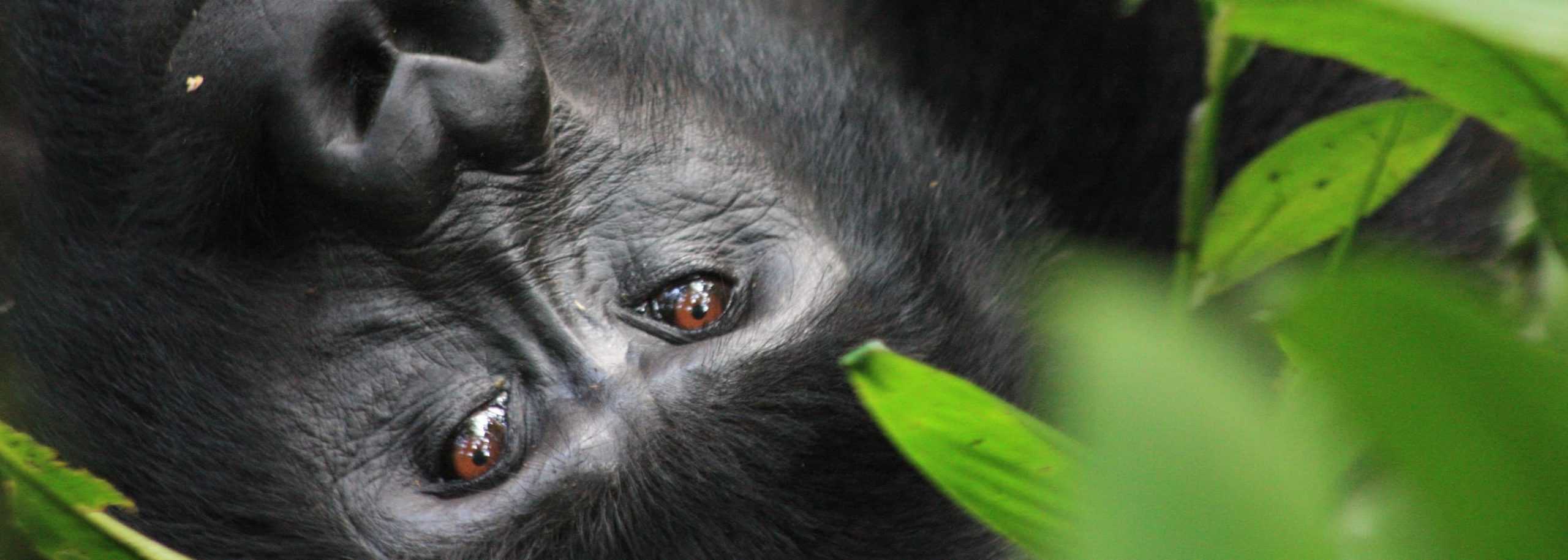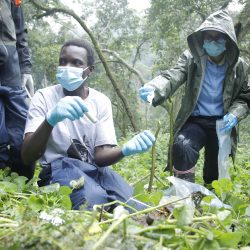Over 36000 Alnus Trees Planted to Mitigate Climate Change around Volcanoes National Park
Blog | 8/06/22
Over 36000 alnus trees have been planted in Kabatwa Sector, Nyabihu park-edge District to control soil erosion and mitigate climate change around Volcanoes National Park. The trees were planted in community gardens by the community members.
Nyahibu District is challenged by soil erosion and water run offs which often affect agriculture. Commenting on the action, Benjamin Mugabukomeye, IGCP’s Rwanda Country Coordinator says alnus trees are multi-purpose. These trees have a nitrogen component which enhances soil fertility. In addition to this, the trees provide timber and firewood to the community. This is used both at home and for income generation.
The trees were also supplemented by Pennisetum grass, also known for
controlling soil erosion and a great delicacy for cattle. “We are hopeful that the trees and grass will help us in addressing soil erosion and help us conserve the soils better,” says Emmanuel Harerimana, community member.
This Agroforestry initiative is supported by IGCP through its SIDA-Leading the Change project. IGCP supported similar actions in the past in the districts of Musanze, Nyabihu, Rubavu and Burera under the Central Africa Forest Ecosystems Conservation project (CAFEC).



